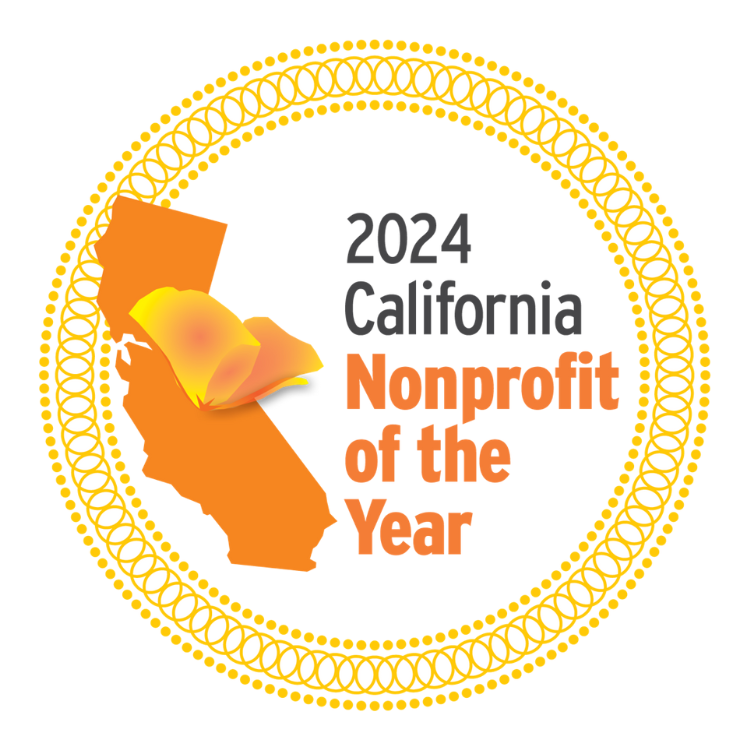After a long, dry summer, fall has Orange County feeling a little fresher. The air is crisp, kids zip up their jackets on the way to school – and we finally see the first signs of rain.
 Orange County can always use some rain clouds, but the first rains of the season threaten water quality by washing high levels of pollution into the ocean.
Orange County can always use some rain clouds, but the first rains of the season threaten water quality by washing high levels of pollution into the ocean.
What is a “first flush?”
The first heavy rainfall after a dry season causes an unusual spike in water pollution. We call this a “first flush.”
Seemingly small pollutants, like oil dripping from your car, excess fertilizer or littered pieces of trash, accumulate over the course of several months without rain. At first flush, the rain washes away this layer of pollutants across the county. All at once, this pollution funnels through our stormwater systems and into the ocean.
 How does first flush threaten Orange County?
How does first flush threaten Orange County?
Urban runoff, water that flows across the ground into storm drains, causes Orange County’s biggest water quality problem.
Stormwater pollution contains heavy metals, trash, bacteria and pH-affecting contaminants and accounts for more than half of the total pollution entering surface waters each year. This type of pollution, also called “nonpoint source,” is difficult to treat, because the rainwater comes from a variety of sources at once.
We see the most dramatic incident of urban runoff at first flush. The resulting pollution threatens marine life and makes our coast a public health hazard – causing the Orange County Health Care Agency to advise the public to steer clear of the ocean and other waterways for three days after the event.
 What can we do to limit the pollution caused by the first flush?
What can we do to limit the pollution caused by the first flush?
- If your car leaks, fix it. Small oil drips over time add up, and the resulting
pollution ends up in our waterways. - Give your landscape a water-wise makeover. Native plants conserve water and produce less urban runoff from fertilizer. SmartScapes allow water to collect and be reused onsite, instead of flushing into the ocean.
- Volunteer to clean up trash from our beaches after it rains. Removing debris before it washes into the ocean makes our environment a healthier, cleaner place for recreation and wildlife.





